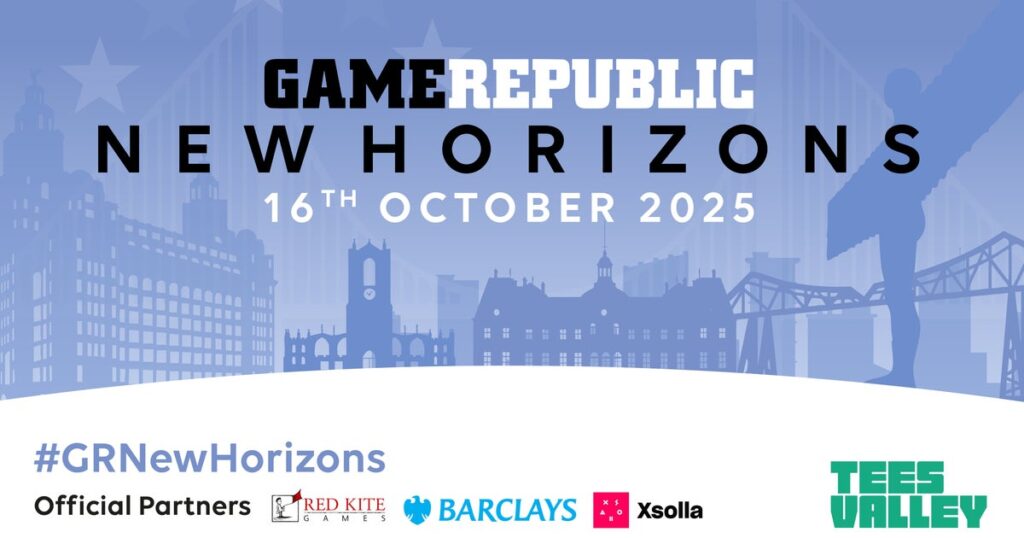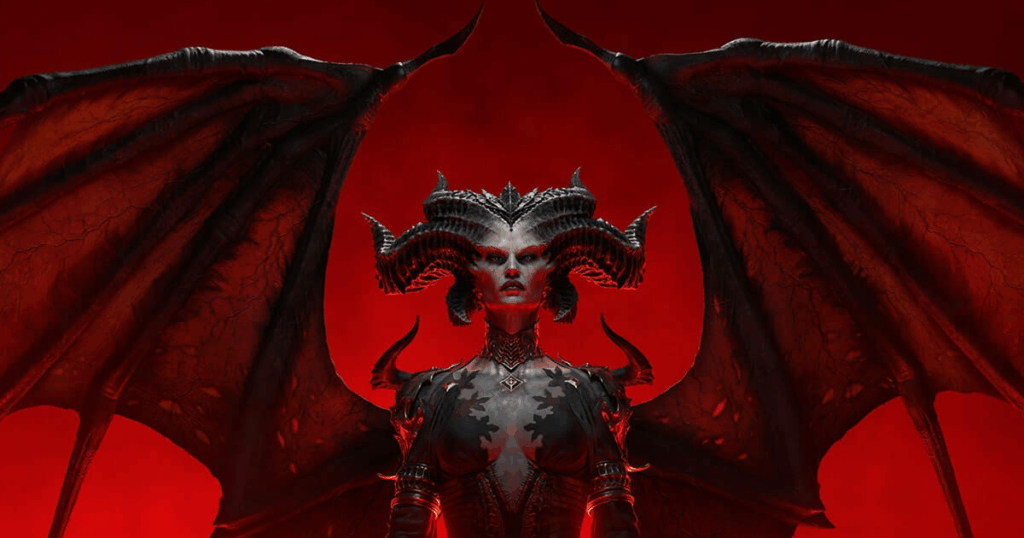The Finnish games industry has declined 4.9% over the past two years, turning over €2.85 billion in 2024.
That’s according to the Finnish Games Industry report, which estimated operating results of €800 million in 2023 and €400 million in 2024.
Conducted by Neogames, the report interviewed 71 studios that employed 3,160 workers. The organisation cited the 4.9% decline in turnover to “non-industry-related factors” including recession, inflation, and a “general post-COVID slowdown”.
It also highlighted a lack of significant one-time deals during this period, as well as the closure and write-off of mobile studio Seriously at the end of 2022.
There was also a decline in investments from €300 million between 2021 and 2022 to €128 million by the end of 2024. However, Neogames noted that the previous period included a €150 million credit line from Supercell.
Despite this, Finland was among the five largest games industries by turnover in Europe in 2024.
Between 2023 and 2024, 120 commercial Finnish games were published including Remedy’s Alan Wake 2, Supercell’s Squadbusters, and Colossal Order’s Cities Skylines 2, and Mainframe Industries’ Pax Dei.
Ten out of the 120 games were mobile games, which represented a “dramatic shift compared to the mid-2010s when the majority of games published were for mobile devices”.
In 2024, 58% of developers said they were working on games for more than one platform, with 23% developing titles for three or more platforms. 42% were focused on single platform games, mostly for iOS and Android.
At the end of 2022, there were 232 active studios in Finland. By the end of 2024, this increased to 270. According to estimates by Neogames approximately 700 studios existed between 1995 and 2002. 270 of those were “actively engaged” in game development by the end of last year.
That is “approximately 40 more than at the end of 2022, and marks the highest number of active studios in a single year in the history of the Finnish games industry”.
As for location, almost half of studios are situated in Finland’s Capital Region, which includes Helsinki, Espoo, and Vantaa. Nearly 80% of employees work in the Capital Region compared to 76% in 2022.
Other major industry hubs in Finland are Tampere with 39 studios, Oulu with 22 studios, and Turku with 17 studios.
Looking at employees, Neogames estimates that 4,300 people worked in the Finnish games industry by the end of 2024 – an increase of 200 compared to the previous period. Of these, 3,800 worked in Finland while 500 were at Finnish-owned studios abroad.
Of the 71 companies interviewed, 3,058 were full-time employees and 102 were part-time staff. The share of female employees is around 25%, an increase from 22% in 2022.
However, Neogames noted that the “number of individual companies was smaller in 2022, so the actual share of female employees in the Finnish games industry is expected to be smaller, around 23% to 24%”.
As for non-Finnish employees in the industry, this has increased from just over 30% to 37%. Approximately 19% of workers interviewed were from outside the EU/EEA area compared to 15% during the previous period.











